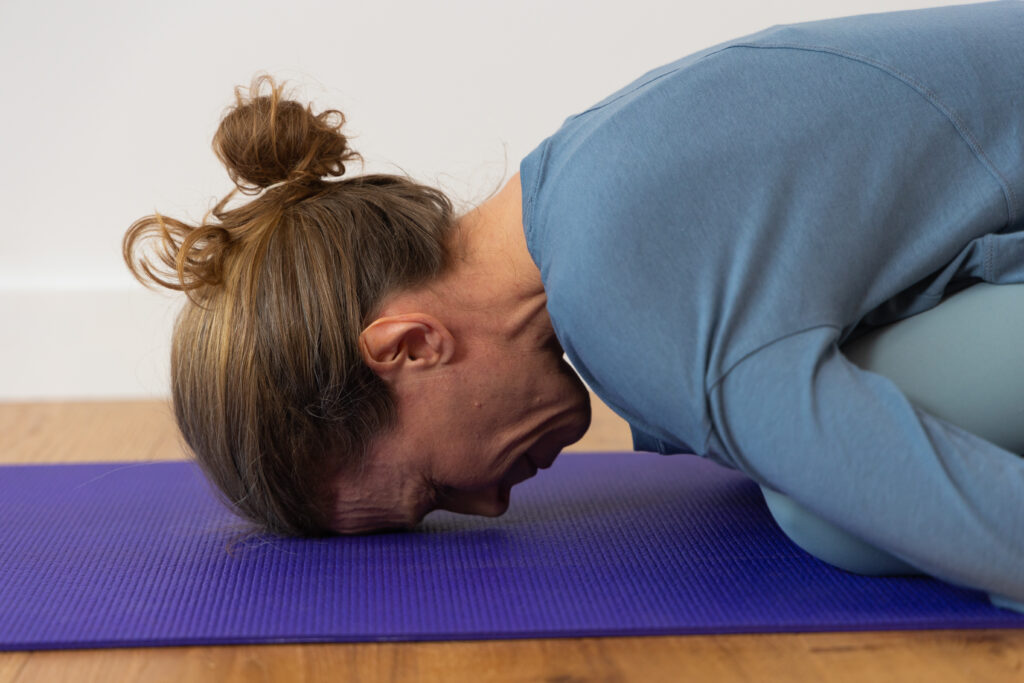Table of Contents
Rest, does it really matter?
Throughout August I’ve been posting on social media about the importance of rest, with ideas of how to build it in every day. The summer holidays are often long-awaited, but the reality can sometimes be difficult. The juggle of supporting children and working often means that it’s downtime that gets squeezed. On top of that things that top us up like exercise classes, and choirs will often pause for a Summer break and friends may be away.
So many of the people I see in the clinic are constantly on the go, with few opportunities for rest. Many feel guilty at even the thought of it. Does it make a difference? Yes, it really does…
Stress and hormones
We’ve probably all heard of fight or flight, feeling tired and wired, which is our sympathetic nervous system, preparing us for danger. Then there’s the parasympathetic nervous system, known as rest and digest or feed and breed.

When we are in a chronic stress state our cortisol levels are high. Cortisol is really helpful if we’re in imminent danger, but we don’t want it to be high all the time. When our body can see we are in a stressed state it wants to keep us on high alert and it prioritises our stress response as opposed to other functions like reproduction. It also has an impact on the part of our brain that stimulates the release of other hormones (the HPA axis). Our body is not going to think it’s a great time to have a baby if it senses we’re in danger and we may have seen the effects of this on our hormones personally and missed a period after a particularly stressful time or major life event.
So stress can certainly affect our sex hormones.
If we go back a step to thinking of the effects of our hormones, oestrogen stimulates serotonin, is linked to endorphins, and blocks cortisol. Progesterone is calming for most of us, a natural sedative that relaxes bodies and minds. Testosterone improves our mood, energy, and motivation. Cortisol however has a negative effect on memory and cognition and increases insulin resistance, affecting our metabolism. So we can see that a comnbination of lower sex hormones and higher cortisol levels can impact many different symptoms of menopause.
Perimenopause is a time of real flux for our hormones and our nervous system. Our body is changing, it can feel like we’re not in control. It’s a time of life where we’re often pulled in so many different directions – supporting children and parents aswell as reaching the peak of our career and running the household. Any vulnerabilities we have often make themselves known and for many of us, our biggest vulnerability is the level of stress we’re under every day.
Many of us don’t think it’s ok to do nothing. We feel we must always be busy, that busyness equals success. When we have too much to do we prioritise doing over being. We deem looking after ourselves a luxury we can no longer afford. We feel we will lose control and everything will fall apart. In overwhelm we rest less. We are restless. I think rest needs a rebrand..
The Rest Test
18,000 people filled out the Rest Test survey, describing what rest meant to them. They compiled a list of the activities people found to be most restful, and this was the top 20:

- Reading
- Sleeping or napping
- Looking at, or being in nature
- Spending time on your own
- Listening to music
- Doing nothing in particular
- Walking
- Taking a bath or a shower
- Daydreaming
- Watching TV
- Meditating or practising mindfulness
- Spending time with animals
- Spending time with friends/family
- Making/drinking tea or coffee
- Creative arts
- Gardening
- Travelling on long train journeys
- Engaging in physical activity
- Chatting
- Drinking socially
Most of this list is tech-free, and encourages a flow state and engagement of our senses. What works will be different for all of us, for me it’s a matter of valuing rest and building it in regularly. For many people, it can be hard to prioritise rest for themselves, and much easier to book into a gym class than to choose to do some mindful crafting. Sometimes thinking about trying to role model rest, particularly if you have daughters, to help your children see the value of rest can be useful.
Moving from the sympathetic towards the parasympathetic nervous system

The good news is there are some quite straightforward hacks into our parasympathetic nervous system. Yoga works a treat for me and the National Institute of Health America agrees that the research suggests yoga helps with menopause symptoms.
Breathwork is helpful too, particularly the rate and the length of the exhale. Just 5 minutes of breathing exercises each day is enough to help. Many of us don’t think about our breath, but how we breathe matters. The “perfect breath” has been shown in studies to be 5.5 seconds in, and 5.5 seconds out, which works out as 5.5 breaths/minute. Interestingly this is the type of breath used in many chants and prayers.
Other good activators of our parasympathetic nervous system include laughing, singing, cold water, and acupuncture. So perhaps this September is the time to sign up for a choir or try some cold water in the shower? It may do you more good than you realise…
Resources
The Art of Rest by Claudia Hammond
Insight Timer breathing and meditation exercises
National Institute of Health America Yoga: what you need to know
